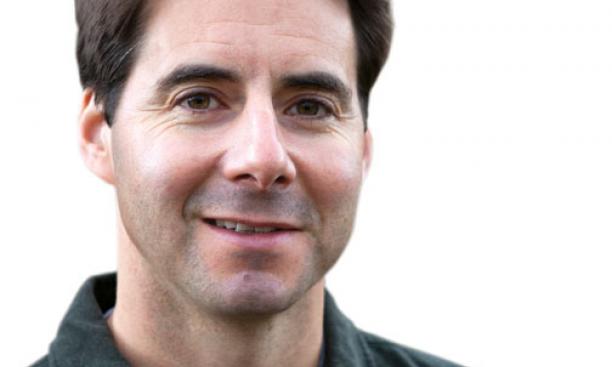



When author and freelance journalist Peter Hessler ’92 received a surprise call in September notifying him that he’d won the MacArthur fellowship, the reporter in him took over. He jotted down notes, names, and phone numbers on a pad near the phone. But afterward, he barely could make sense of what he’d written. “It’s disorienting,” Hessler said. “You wonder if it’s real.”
For Hessler, the timing of the $500,000 no-strings-attached “genius grant” was particularly fortuitous. Next month, he and his wife, journalist Leslie T. Chang, and their twin daughters will move to Cairo, Egypt, where he plans to report and write, though he doesn’t have a specific topic yet (the plan predates the Arab Spring).
Hessler has spent much of the last two decades abroad, beginning after graduation, when he studied at the University of Oxford on a Rhodes scholarship. He later went to China with the Peace Corps, teaching English in a rural town. Hessler stayed in China, covering the country’s rapid transformations as Beijing correspondent for The New Yorker, and has written three books on China. He returned to the United States in 2007.
Hessler said that Princeton had an “incredible impact” on his development as a writer. Originally, he had hoped to write novels, but a junior-year class with John McPhee ’53 gave him a new understanding of long-form nonfiction, which has proved to be a better fit.
McPhee, who describes Hessler’s writing as inventive and amusing, said that his former student has been “courageous” in his career as a journalist, following the stories that mattered most to him. Last year, the Lannan Foundation chose Hessler to interview McPhee after a reading in Santa Fe, N.M. McPhee said that on stage, “All I could think about was that I should be interviewing him.”